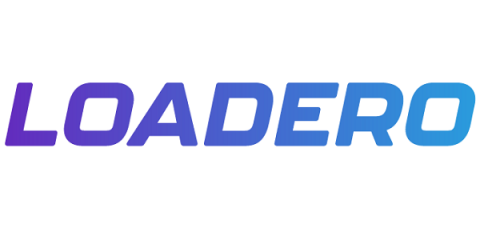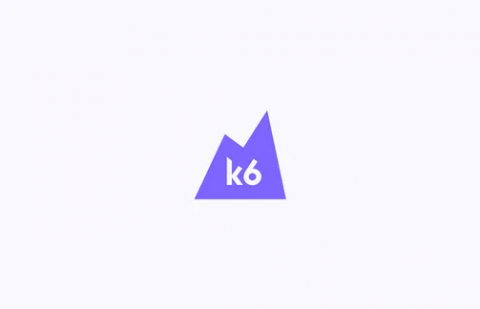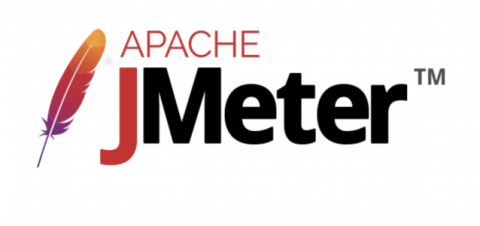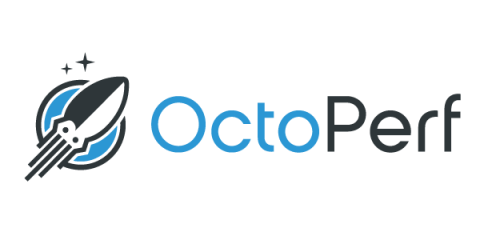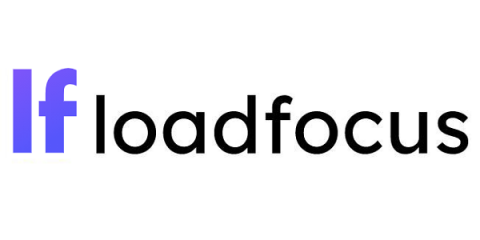Comparing k6 and JMeter for load testing
When I joined the k6 team in late November, the foremost question on my mind was "How does this compare to JMeter?" You see, I come from a performance testing consulting background, and in the last few years, JMeter has been far and away my tool of choice. So what am I doing on the k6 site, talking about how much I love JMeter? Well, firstly, it turns out that the k6 team is pretty open and transparent, especially about potential improvements in k6.





